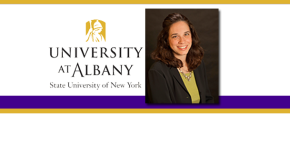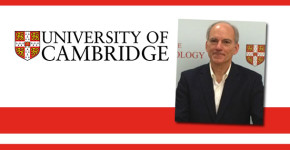Category: Criminal Justice
-

Michael Jenkins, University of Scranton – Fighting Crime with Data
We’re living in the era of “Big Data” and it’s vital to adapt with the changing technological trends or risk falling behind. Dr. Michael Jenkins, an assistant professor of criminal justice at The University of Scranton, analyzes the role Big Data will play in fighting crime. Michael Jenkins was named assistant professor of criminal justice.…
-

Allison Redlich, University at Albany – Mental Health Courts
“There is consistent evidence that MHCs reduce arrests and number of days in jail, however the mechanisms by which MHCs produce these reductions are entirely unclear,” said Redlich. “One presumption held by MHCs is that untreated mental illness causes criminal behavior, and that by treating the illness, criminality will decrease. However, this presumption lacks empirical…
-

Diane Beauchemin, Queen’s University – Hair Sample Forensic Advances
Criminals better start wearing hairnets! Dr. Diane Beauchemin, a chemist at Queen’s University in Canada, is furthering forensic hair identification techniques. Diane Beauchemin studied at l’Université de Montréal where she obtained a B.Sc. in 1980, followed by a Ph.D. in 1984 under the supervision of Joseph Hubert. She then became a Research Associate in the…
-

William Alex Pridemore, GSU – Incarceration and Early Death
The health care of prisoners is a topic familiar to the The Academic Minute. Where the previous segment focused on the positives of expanding health care for the incarcerated, Dr. William Alex Pridemore, criminologist at Georgia State University, discusses the increased health risk that prisoners face. Dr. William Alex Pridemore is a Distinguished University Professor…
-

Volkan Topalli, Georgia State University – Cash vs. Credit and Crime
“Our study shows that even a small reduction of cash has a positive effect in reducing street crime.” Volkan Topalli, associate professor of criminal justice and criminology at Georgia State University, profiles the effect that switching government assistance funds from cash to credit cards has on street crime. Volkan Topalli is an associate professor of…
-

Lawrence Sherman, University of Cambridge – Domestic Violence and Arrests
Are strict police codes having unintended effects? Dr. Lawrence Sherman, professor of criminology at the University of Cambridge, examines the nature of certain law enforcement practices. Dr. Lawrence Sherman is the Director of the Institute of Criminology of the University of Cambridge, where he has served as Wolfson Professor of Criminology since 2007. He has…
